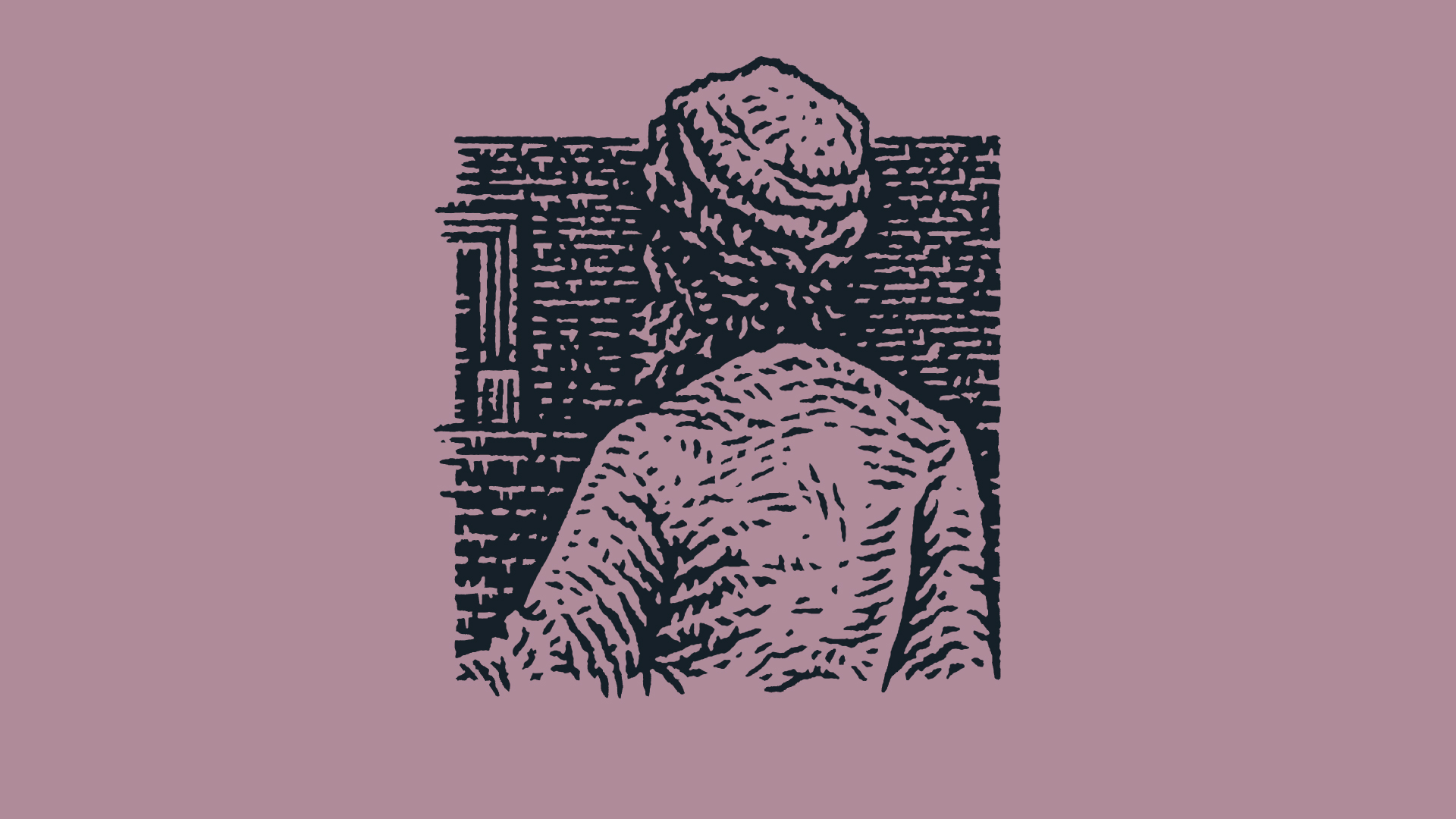Read Luke 1:39–56
Few interruptions in life are as disruptive as travel, especially with the fatigue and morning sickness that often accompany early pregnancy. Mary’s journey from Nazareth to the hills of Judea was neither easy nor safe. Still, emboldened by her faith but also in need of support, Mary braved the trek pregnant, poor, and probably perplexed. Why choose to go at all?
Gabriel had told Mary that her relative Elizabeth was also expecting a child—a miracle for a woman of her advanced age. Recognizing that Elizabeth was the only person on earth who might understand what she was going through, Mary went to her. And when she arrived, Elizabeth offered the exact affirmation Mary needed: “Blessed are you among women, and blessed is the child you will bear!” Elizabeth praised Mary for her response of faith. With those words, I imagine Mary’s fears tied to her unexpected pregnancy and its unknown consequences for her life faded into greater faith.
Elizabeth’s encouragement reminded Mary that the Lord’s interruption of her plans was also an invitation—not only to carry and give birth to Immanuel, “God with us,” but also to engage in a deeper sense of community, “us with us.” Heartened by Elizabeth’s blessing, Mary responded with a song of praise. And she reflected on this invitation into interdependence in the closing words of her Magnificat: “He has helped his servant Israel, in remembrance of his mercy, as he spoke to our fathers, to Abraham and to his offspring forever” (ESV). In her rejoicing, Mary meditated on how the very same God who “spoke to our fathers” all the way back to Abraham had now spoken to her and to Elizabeth.
Mary believed in “God with us,” and she said yes when Gabriel appeared to her. But her faith still needed nurturing. The Incarnation meant a major interruption in Mary’s life; it was wonderful, yes, but it was also weighty. Something was happening to her that had never happened before in the history of the world, and she needed support and help to accept and prepare for it.
So she turned to faithful Elizabeth. We can only imagine how strengthening it was for Mary to hear Elizabeth’s words of blessing. In fact, I’d argue that we would not have Mary’s Magnificat without Elizabeth’s Encouragement.
That’s the power of interdependence, of faith in community. In our individualistic society, opening ourselves up to be blessed by others is often difficult. We are conditioned to consider the possibilities of harm more than the potential helpfulness of community. But the truth is that, like Mary, we all need Elizabeth-like encouragement. The Incarnation is an interruption and an invitation to know “God with us” and also to embrace “us with us.”
Rasool Berry serves as teaching pastor at The Bridge Church in Brooklyn, New York. He is also the host of the Where Ya From? podcast.










